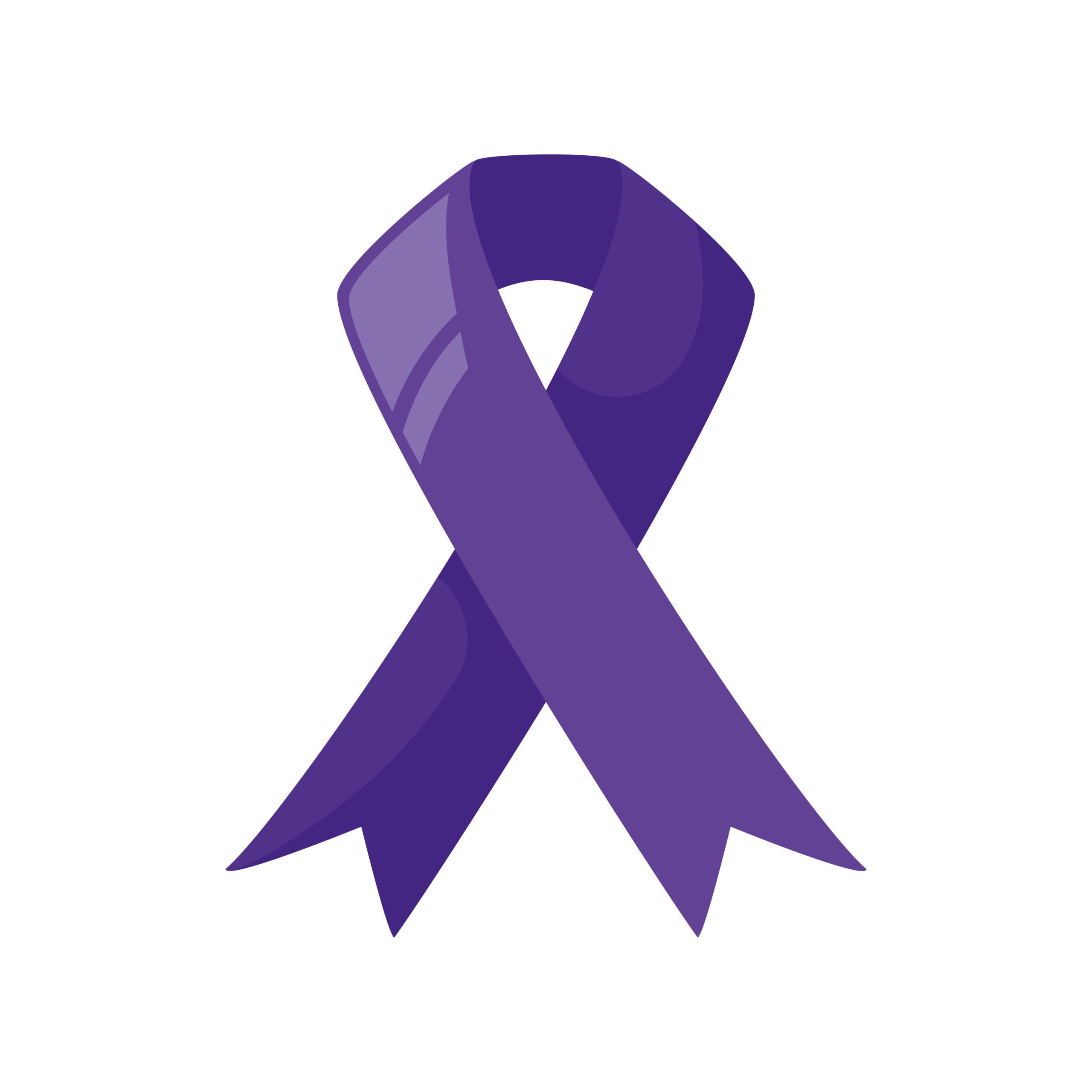Monitoring Vital Signs: When and How Home Health Aides Step In
Monitoring vital signs is a crucial part of healthcare, especially for individuals receiving care at home. Home health aides (HHAs) play a significant role in this process, though their responsibilities differ from those of licensed healthcare professionals like nurses. Here’s how HHAs contribute to monitoring vital signs and when they step in.
### Understanding Vital Signs
Vital signs include temperature, pulse, respiration rate, and blood pressure. These measurements are essential for assessing a person’s health status and detecting any potential issues early. While HHAs are not licensed to perform medical tasks, they can assist with monitoring vital signs under the supervision of a registered nurse or other licensed healthcare professionals.
### Role of Home Health Aides
HHAs are trained to help with activities of daily living (ADLs) such as bathing, dressing, and eating. They also provide basic health monitoring, which can include checking and recording vital signs. This role is vital for ensuring that individuals receive the care they need in the comfort of their own homes.
### When HHAs Step In
HHAs step in when individuals require assistance with daily tasks and basic health monitoring. They are particularly helpful for people with disabilities or those who are aging and wish to remain at home. By assisting with vital sign monitoring, HHAs help ensure that any changes in health are quickly identified and reported to healthcare professionals.
### Importance of Supervision
While HHAs can assist with monitoring vital signs, they must do so under the supervision of a licensed professional. This ensures that any health concerns are promptly addressed and that care plans are followed correctly. Regular check-ins by nurses or other healthcare professionals are crucial for providing guidance and oversight.
### Benefits of Home Health Care
Home health care, including the services provided by HHAs, offers numerous benefits. It allows individuals to maintain their independence while receiving necessary support. It also provides peace of mind for family members, knowing that their loved ones are receiving professional care in a familiar environment.
In summary, home health aides play a supportive role in monitoring vital signs under supervision, helping individuals maintain their health and independence at home. Their contributions are invaluable in ensuring that care is comprehensive and tailored to each person’s needs.





